downloadable: A Different Light – 12th April 2025 – Blake Forbes’ struggle highlights healthcare inequities for disabled
This week RNZ and Stuff both published articles highlighting the situation of Blake Forbes, a 26-year-old man with Cerebral Palsy, who is struggling to access necessary diagnostic scans due to radiology staff shortages in the Wellington Region. Forbes has been experiencing severe foot pain that his specialist cannot diagnose without proper imaging, and despite attempts, the scans he needs have not been scheduled.
Blake Forbes’ situation is an example of the inequities in healthcare outcomes for disabled people in New Zealand. His struggle to access a basic diagnostic scan, compounded by the radiology staff shortages, illustrates a deeper systemic issue. New Zealand has a relatively new Health of Disabled People Strategy. It is under the Pae Ora Strategies that set the direction for a health system in New Zealand that is equitable, accessible, cohesive and people-centred. The Health of Disabled People Strategy was developed to improve the health outcomes and experiences of disabled people. However, there is sparse evidence that it is being effectively implemented or is achieving any meaningful change.
One of the core aims of the strategy is to ensure that disabled people receive equitable access to healthcare services, and yet, situations like Blake’s suggest that the system is still failing to deliver on this promise. Disabled individuals often face barriers such as long wait times, staff shortages, and lack of understanding or accommodations from healthcare providers. This results in delayed diagnoses, inappropriate treatments, and, in many cases, a worsening of their condition due to neglect or insufficient care.
The issue of staff shortages, especially in specialized areas like radiology, disproportionately affects disabled people who may require more frequent or complex healthcare services. In Blake’s case, his cerebral palsy and the associated medical complications should warrant timely access to necessary scans, yet the systemic barriers are preventing him from receiving the care he needs.
Despite the Health of Disabled People Strategy being in place, it seems to be failing in terms of real-world implementation. There are numerous reports and instances where disabled people still face significant disadvantages in the healthcare system. These include difficulties in navigating services, and insufficient disability-related training for healthcare staff.
I have been on numerous advisory committees and reference groups for the Northland District Health Board and now the Tai Tokerau Te Whatu Ora. The one thing that really stands out to me is the data on disabled people. To say there is a lack of it would be a gross understatement because there is absolutely none, so there is no way to proactively target disabled people. More importantly there is no way to measure inequality in health outcomes or improvements in that inequality. There are vast amounts of data on health outcomes based on ethnicity which is a good thing because there are obvious inequalities that need addressing for Maori and Pasifika people. But when it comes to disability it seems to fall into the “to hard basket”. When I raise this issue, discussions ensue around the difficulty in defining disability and quickly trail off with no definitive way forward.
Collecting accurate data allows for the identification of gaps, trends, and disparities in healthcare access and outcomes for disabled people. It enables policymakers to assess whether the strategy is achieving its goals and informs decisions for future improvements. Without clear, measurable data, it becomes difficult to hold systems accountable, track progress, or make evidence-based adjustments. Quantifying change provides transparency, fosters trust in the system, and ensures that disabled people receive equitable and effective healthcare services tailored to their needs.
If you don’t count something it doesn’t seem to exist.
Jonny Wilkinson is the CEO of Tiaho Trust – Disability A Matter of Perception, a Whangarei based disability advocacy organisation.
